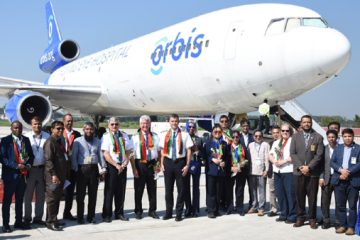The installation of solar panels to power Dhaka city’s traffic signals along with new count down timers, intended to show commuters how many seconds remain before the signals change, will be delayed until at least the end of the year.
Under the Clean Air and Sustainable Environment project, which started in June 2009 with funding from the World Bank, the former Dhaka City Corporation planned to install the solar panels at the existing 70 intersections, as well as install 30 new signals, by the end of May 2013.
According to the project engineer Towhid Hasan, most of the parts to make the solar panels were imported from India, the United States and China and these have already reached Bangladesh.
He said the frames in which to set the solar panels were now being made and hoped that by December they would be able to install all the solar panels at the existing 70 signals – 40 of which are in Dhaka North City Corporation area and 30 located under the control of Dhaka South City Corporation. The total cost of installation will be Tk 15 crore.
The CASE project executive engineer Mofizur Rahman Khan added that sometime in 2014, 30 more solar-powered traffic signal posts would also be set up.
“The lights at most intersections in the capital are run by electricity from power lines but after the installation of solar panels, the signal lights would be powered by the sun,” he said.
Mofizur said that his staff were conducting a study to determine traffic flow trends at different intersections so that they could determine how long a set of lights should remain green or red.
He said the solar panels would also power automatic time-countdown so that motorists could know when the next change of lights would take place.
In 2005 the then DCC installed 70 traffic signals at the city’s major intersections, including Shahbagh, Karwan Bazar, Mouchak and Science Laboratory crossing.
However, very few of the signals are being used and the traffic is controlled manually.
Towhid Hasan said the DNCC had already sent a letter to Dhaka Traffic Division stating that the traffic should be controlled by the signals and not manually.
The CASE project executive engineer, Mofizur Rahman Khan, said the purpose of the solar power installation was to save power as well as providing round the clock electricity unaffected by power cuts.
The CASE project has two components — environment and transport. The Department of Environment is implementing the environment component whereas Dhaka city corporations and Dhaka Transport Coordination Authority are implementing the transport component of the project.
-With New Age input




















